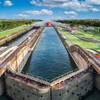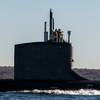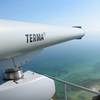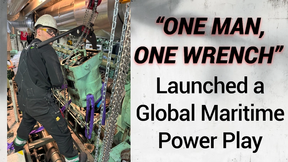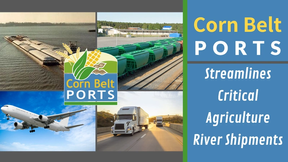Wärtsilä-Run Research Consortium Given $1.3m Grant
The consortium's research will deal with the SOFC unit of 250 kW -class and the focus is on marine application issues, as well as the unit's safety and reliability aspects. For marine validation purposes a smaller 20 kW unit will be installed on board a Wallenius Marine carcarrier. The 20 kW unit will be factory-tested, laboratory-tested and approved before installation. The installation, likewise, will be approved before the unit and its carrying vessel begin to sail on world trade routes. A lifecycle assessment and an operational safety assessment will be made. The results of the validation run and the tests will contribute to the second and final part of the research - the marine-compatibility of the 250 kW unit, its safety and reliability.
The project will take two and a half years, one year of which is dedicated to the application's validation. The regulations and technical requirements for using methanol as a marine fuel will pave the way for the commercial use of methanol-consuming fuel cells on board commercial vessels. This research project also serves as a springboard for future research related to sustainable society; specifically, new greener marine power sources and a methanol-based economy. The consortium consists of world-class organizations including Wärtsilä Corporation, Lloyd's Register, Wallenius Marine, the University of Genoa and Det Norske Veritas AS.



